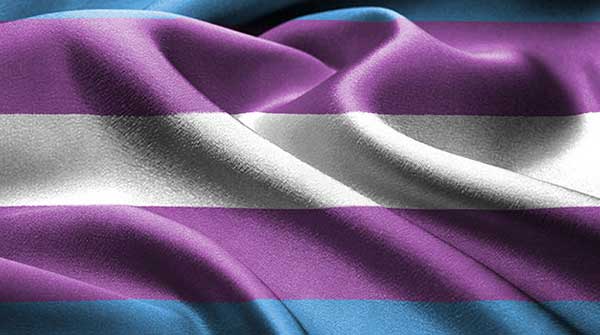International organizations like the WHO and European countries caution against transgender procedures for children
 In Alberta, at least, science and common sense still reign.
In Alberta, at least, science and common sense still reign.
That’s the reality now that Premier Danielle Smith has prohibited transgender procedures for children. In Alberta, kids under the age of 16 will no longer be eligible to receive puberty blockers or cross-sex hormones, while sex-change surgeries will be limited to those 18 and older.
As a practising endocrinologist who understands what these invasive and irreversible medical interventions can do to young people, I couldn’t be more supportive of Alberta’s decision to protect children. There’s not nearly enough evidence to justify their use on children, yet there’s plenty of evidence that they harm them.
Unsurprisingly, this move has come under swift attack from some in Canada’s “chattering classes,” including journalists, some academics and a few politicians who are either unaware or don’t care about the realities of kids’ bodies.
To that end, there has been a torrent of media coverage alleging that Alberta is endangering children and abandoning medicine. That’s false. Sex-reassignment interventions can do serious physical and mental damage, leading to lifelong health programs that would otherwise be avoided.
Besides, Canadians who uncritically support such physical interventions to children and teenage bodies would do well to broaden their horizons. They may be surprised to learn that international organizations and European countries that they commonly look to for leadership are urging the very caution that they oppose.
Consider the World Health Organization (WHO). Last month, the WHO declined to issue guidelines for transgender procedures for children on the grounds that “the evidence base … is limited and variable regarding the longer-term outcomes.” The words “limited” and “variable” are significant and cautionary. The first, “limited,” means it’s far from clear that so-called “gender-affirming” medical interventions are beneficial. The second, “variable,” hints at the evidence that children who get these interventions suffer. Coming from the World Health Organization, that’s quite a statement indeed.
Or consider Europe. A growing number of countries have already banned or severely restricted children’s access to transgender interventions, based on systematic reviews of the science. That includes England, Sweden, Finland and Norway, while Belgium, France, Ireland and Italy have raised concerns. We’re talking about countries that are generally aligned with Canada ideologically. They’re looking at the science and seeing red flags. What’s wrong with Alberta doing the same thing?
Canadians who reflexively see gender transition as an extension of previous advocacy for gay civil rights should know that it’s not. Instead, “gender-affirming” care for children is essentially gay conversion therapy.
Multiple studies have found that most kids who are confused or distressed about their sex end up realizing they’re gay – nearly two-thirds in a 2021 study of boys. Yet if they go down a transgender road, they’ll lose sight of who they really are.
Before England started taking child safeguarding seriously, clinicians at the country’s leading transgender service referred to prescribing puberty blockers as “transing the gay away.” They also joked that “there would be no gay people left” if they continued helping kids medically transition. Is that really what Canadians want for our country’s gay and lesbian kids?
The fact is that about 80 percent of children who believe they’re transgender eventually come to terms with their sex without surgical or pharmaceutical intervention. The worst thing we could do is prevent them from discovering who they really are by pushing them down the road of irreversible medical interventions.
Alberta has joined Saskatchewan and New Brunswick in doing the right thing. Now the rest of Canada should follow suit.
As a physician who deals with this difficult issue, I can attest that protecting children is the compassionate, caring and scientific choice.
Dr. Roy Eappen is a practicing endocrinologist in Montreal and a senior fellow at The Aristotle Foundation for Public Policy and Do No Harm, a medical and policy advocacy group.
For interview requests, click here.
The opinions expressed by our columnists and contributors are theirs alone and do not inherently or expressly reflect the views of our publication.
© Troy Media
Troy Media is an editorial content provider to media outlets and its own hosted community news outlets across Canada.


